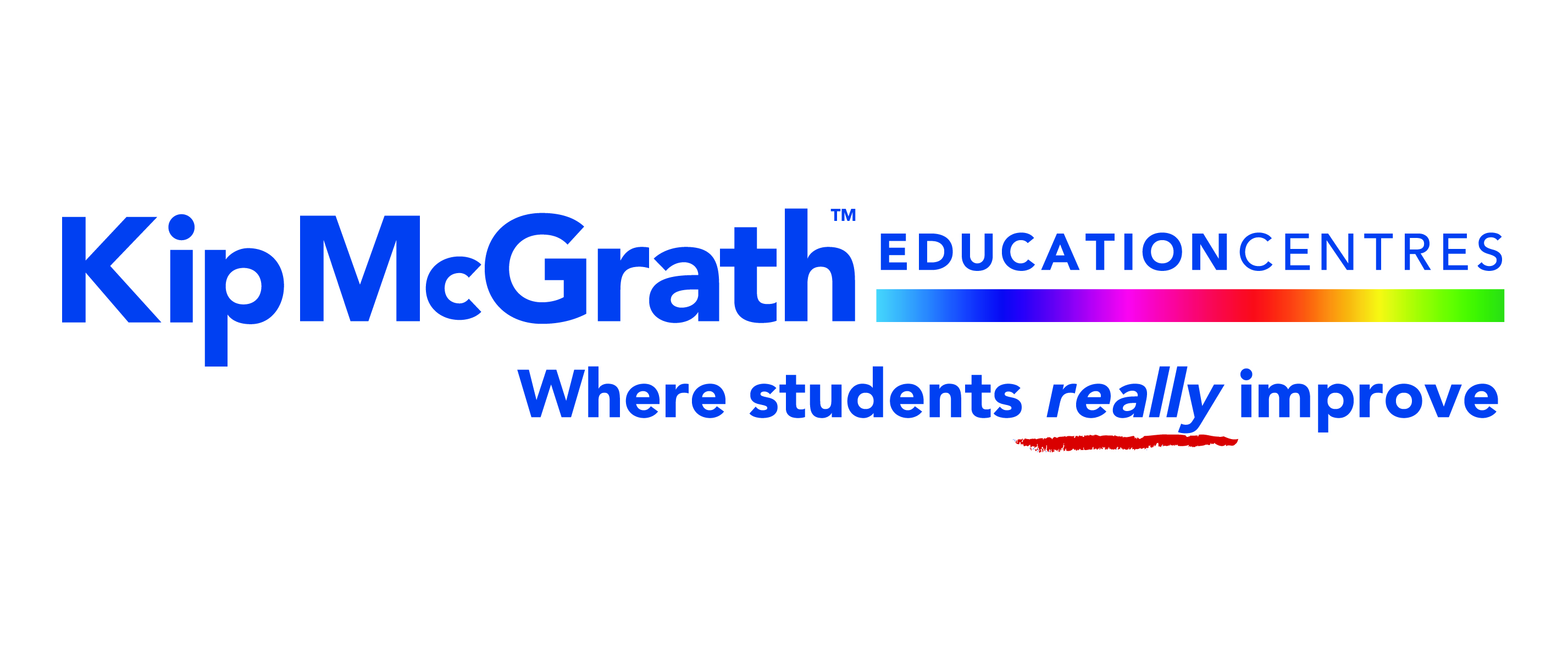I’ve been an avid reader of Michael Rosen’s blogs and particularly his crusade about reading.
As a teacher I came late to the debate. It was only when I moved out of teaching PE into a SplD unit in a secondary school that reading came into focus for me.
I was involved in helping our dyslexic children improve their reading, actually I was thrown into the deep end with a huge book of sounds, individual letter sounds, a world of split digraphs, phonemes, vowel phonemes and all other words that I had no understanding.
After being overwhelmed initially (I literally felt like a pupil again) the concept of a systematic synthetic phonic approach looked great, it was something concrete, something to hang on to.
As I did more work it was the amount of irregular words, or vowel phonemes that had different sounds that caused problems. It made me think again about a skill I took for granted.
Just think about these….
The simple sound ‘ay’ can come in a variety of methods: came (a_e) tray (ay) train (ai) eight (eigh) break (ea)
What about ‘ea’ which can fool us, think beach, flea, feast, but then throw in break, or change it to breakfast!
Think about trickier sounds to teach, like the ‘eigh’ from earlier. Add a t at the end and it’s eight (and don’t spell it ate!), add a w at the beginning now and you have weight (but don’t spell it wait!), but add a ‘sl’ and we can get sleight, with that cunning eigh now making an i (eye) sound!
We’re hoping our six year olds can remember these, and then read them, remembering the rules and the exceptions, no wonder that those taught synthetic phonics can decode words but many then find reading for meaning difficult.
The latest blog by Michael Rosen has a post by an Educational Psychologist who explains better than I can that this should be one strategy that combines with others, our language isn’t regular, it needs context to help us understand.
Still not sure, try these two sentences.
I can’t wait to read my new book. Daddy read it to me last night.
Same word, same spelling, different due to context.
Just to finish, what about the ‘ough’?
Without too much thinking I can come up with, bough, bought, though, thorough, cough, enough.
http://www.netmums.com/activities/pictures-to-print/phonics-words-and-pictures-to-print-and-colour-in
http://michaelrosenblog.blogspot.co.uk/2012/07/educational-psychologist-writes-to-me.html
Related articles
- Why the phonics check won’t work for everyone (guardian.co.uk)
- Five things about phonics (bbc.co.uk)
- Phonics Worksheets and Printables (education.com)
- Michael Rosen’s letter from a curious parent (guardian.co.uk)
- End ‘can read won’t read culture’ (bbc.co.uk)


As an English trained Primary teacher I have long advocated that phonics is only part of the reading process which should be taught alongside sight words and context. The over emphasis on phonics in school has disabled children with reading and dyslexic tendencies. Most struggling readers that I encounter have poor sight word skills and read letter by letter.
Hi Clare, thanks for the comment and the viewpoint of a Primary specialist. I think we do need a mix of strategies for effective reading and am worried about our schools being pushed strongly in one direction.
Great post! Interestingly, I have a new student with Dyslexia and mum said to me last night, “why are there sight words in the reading program? She won’t be able to do those words as she can’t sound them out.” So now the education process with the parent begins!